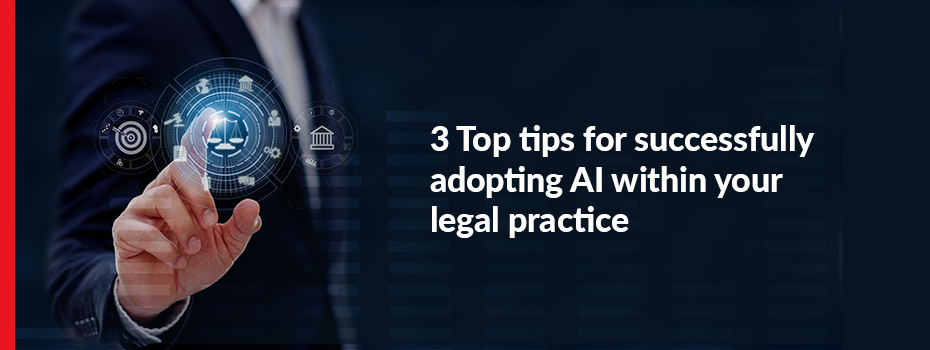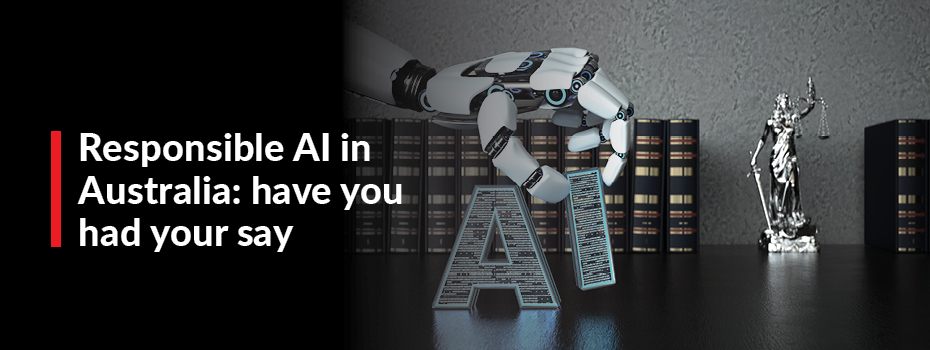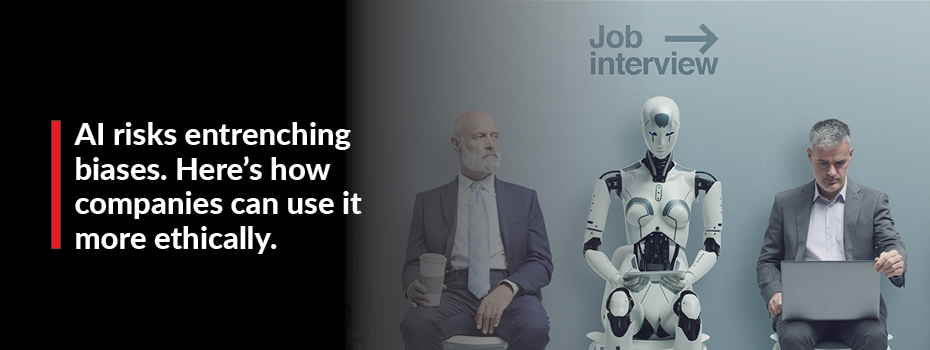
Three Top Tips for successfully adopting AI within your legal practice
27 June 2010 10:00
As curiosity grows within the legal profession around the benefits and pitfalls of Artificial Intelligence (AI) and its impact on the industry, you may already be planning to invest in ways to incorporate AI into your practice.
Increasing efficiency and reducing the amount of unbillable time spent on case law research is a great reason for legal professionals to invest in technology. But investing in AI is only one piece of the puzzle. The key to success is adoption.
With all of that in mind, here are three of the key considerations for adopting AI in your legal practice.
Consideration 1: Build vs buy?
Building an effective AI-based solution is a time-consuming process that requires significant expertise. Sufficient data must be unearthed, cleaned, and tested across different models before being deployed. Model accuracy is a particularly problematic area when building, and many make the mistake of setting and forgetting their models. But in a fluid domain such as law, models need constant updating to keep up with cases and legislation - posing a significant ongoing cost. It’s therefore often best to purchase a best-in-class solution from a third-party which has already trained the model and absorbs the ongoing cost and resource requirements of continued updates. This way, you can deliver the benefits of AI without the initial investment and ongoing operational expense of running it yourself. In addition, third-party data sets are often more comprehensive than those of a single business. LexisNexis® has market-leading data with which to power AI-based solutions to deliver optimum and highly accurate results, making it a simple way to shorten your time to value and deliver immediate return on investment.
Consideration 2: People and processes
Before adopting any technology solution, it’s essential to get buy-in from your teams as this will impact the adoption rates, and overall usefulness of the solution within your business. It’s important to understand the specific pain points you’re solving. These may include repetitive work, lack of data-driven insights, or process inefficiencies, etc. It then becomes about adopting a solution that initially generates some quick wins without drastic change - this will aid adoption while you more deeply embed the solution. Once your teams are using the solution, they will be open to explore the solution in more depth, and really shift the way they work.
LexisNexis solutions are designed to minimise the change needed for adoption by a legal professional. They are based around existing workflows, platforms, and processes, and integrate easily into them. In addition, we can help you understand where our solutions are best positioned to help you unlock benefits quickly.
Consideration 3: Optimising your solution
The final stage of successful adoption of AI-based solutions is optimising when you use them. No AI-based solution is 100% accurate, which means human oversight is always required in domains where accuracy is critical. The highly regulated nature of the legal industry means that any AI-driven insights must be interpreted by legal professionals.
AI in the legal industry is an expertise and focus-augmentation tool that help legal professionals optimise their insights using the data that these solutions provide. Skillful lawyers use AI-based solutions to supplement their activities by providing data driven insights, pointing them to the most critical risks, and reducing time-consuming highly repetitive tasks such as document review. This enables them to concentrate on shaping matter strategy, understanding where their matter strengths and weaknesses are. Together this symbiotic relationship enables them to get the best results possible for their clients.
Future-proofing your business with Artificial Intelligence
With all of the above information in mind, AI should not be viewed as a complete answer to legal questions, but rather a supporting foundation that can substantially enhance the skills, capabilities and productivity of any lawyer or barrister.
In the same way AI can’t be introduced as a replacement, it’s also important not to retrofit the technology onto a traditional framework or way of working. While AI may not currently have the capabilities to reach a benchmark synonymous with the work of a lawyer, the ‘train, explain and sustain’ model of working will ensure the technology can tackle all the heavy lifting needed to reach the end goal.
As with any new technology, it’ll likely require extensive trial and error to truly understand how AI can be used in the legal workplace and the best way to ensure this provides the intended outcomes and results.
Through LexisNexis ongoing work with hundreds of barristers, lawyers, and law firms, we have identified that clients typically want to improve flexibility, speed, scale, decision-making and personalisation.
Intelligent legal solutions that combine trusted and comprehensive content with sophisticated AI and ML can deliver relevant content to you in context – and should be able to give you deep research results in one click. The AI solution shouldn’t replace the need for your deep expertise; instead, it frees up your time to focus on applying that expertise to strengthening your position.
Firms that nail this approach on a micro-level will have the opportunity to scale and then sustain the same results with expanded use cases. As AI use expands in the business, it’s also likely that new roles and talents will be required to manage the implementation and upkeep of technology.
Reducing the legwork and guesswork involved with day-to-day tasks will free up valuable time for legal professionals to focus more on improving client service and driving business growth, all while providing the same exemplary level of service as if they were doing it all themselves.
For legal professionals who have entertained the idea of integrating AI/ML within their workflows, now is the time to do it.
LexisNexis is developing intelligent solutions driven by AI and ML, such as Lexis® Argument Analyser that are ready to support leading legal professionals to handle these tasks. When reimagining legal workflows and processes, we see the best results when those leaders identify which of these characteristics are central to their desired transformation and how they can use the AI to address that consideration primarily, before expanding to other areas of interest.
To see how you could harness AI to improve your research efficiency, contact your LexisNexis Relationship Manager today.
Read next: Generative AI for Lawyers: What It Is, How It Works, and Using It for Maximum Impact
Latest Articles
-
 Gayann Walkers is a well-respected Victorian Barrister. Tis interview focuses on what it takes to be a Barrister in sports law, and what the future of the field looks like.
Gayann Walkers is a well-respected Victorian Barrister. Tis interview focuses on what it takes to be a Barrister in sports law, and what the future of the field looks like. -
 The growth of artificial intelligence technologies in Australia has recently come under the spotlight, as the Albanese Government looks to review existing regulatory and governance mechanisms and establish applicable safeguards that are fit for purpose in the current day and age.
The growth of artificial intelligence technologies in Australia has recently come under the spotlight, as the Albanese Government looks to review existing regulatory and governance mechanisms and establish applicable safeguards that are fit for purpose in the current day and age. -
 Artificial Intelligence (AI) is developing fast – but how should it be used? Over the past month, the ethical use and development of AI have been heavily scrutinised as policymakers, intellectuals, and industry leaders debate whether a moratorium should be imposed on AI’s development, or whether AI should be embraced in the name of economic growth.
Artificial Intelligence (AI) is developing fast – but how should it be used? Over the past month, the ethical use and development of AI have been heavily scrutinised as policymakers, intellectuals, and industry leaders debate whether a moratorium should be imposed on AI’s development, or whether AI should be embraced in the name of economic growth.
Practical Guidance
Your one-stop solution for accurate legal answers from Australian legal experts. Tools, practically focused guidance notes, checklists, precedents, and training materials support and streamline your legal workflow.
LEARN MORE LexisNexis
LexisNexis